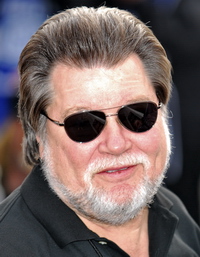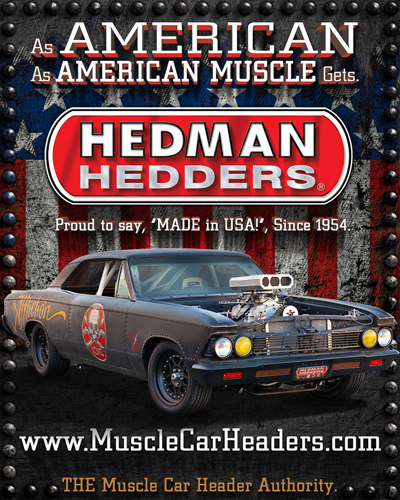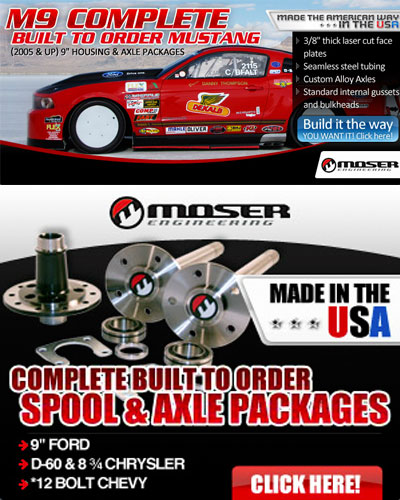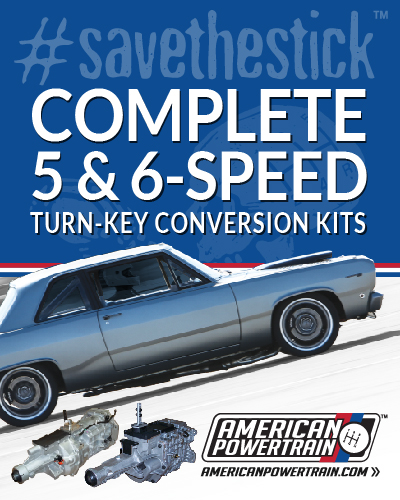DAVE DENSMORE SPEAKS (COMMENTARY): NEW TV PACKAGE CAN DO NHRA A LOT OF GOOD


It’s no secret that new NHRA president Peter Clifford inherited a litany of problems that for years were ignored in the apparent hope that they would fix themselves.
As a result, at his first press conference, he identified six initiatives he wants to address during his presidency. Not unexpectedly, his No. 1 priority was NOT doing away with 1,000 foot racing. It was putting in place a workable TV package.
While purists might believe that returning Top Fuel dragsters and Funny Cars to the quarter mile will fix everything, the reality is that without a national TV presence, it doesn’t matter if we run at 60 feet, 660 feet, a quarter mile or a half mile. No one will know and no one will care.
Fortunately, the new regime was not distracted and, just a week after hiring respected sports writer and commentator Terry Blount as Vice-President of Communications and Public Relations, Clifford and his team delivered a TV package beyond anything even the most optimistic among us could have anticipated.
It is a comprehensive program that finally gives the sport a reasonable opportunity to prove itself on entertainment’s big stage. Among the key elements are four live shows on the national Fox network and 12 others on Fox Sports 1.
No more 2 a.m. time slots on ESPN2. No more tuning in at the prescribed time only to find that the weigh-in at the bass tournament has run overtime or that a first round game in the left handed junior girls regional softball tournament from Cheesequake, N.J., has gone into extra innings.
That is absolutely no reflection on any of the ESPN crew members who have covered the NHRA series with passion and dedication over the past 15 seasons. Most of them loved the sport as much as the rest of us and shared the burden of our status as second class citizens.
The problem, in essence, was rooted in ESPN’s campus in Bristol, Conn., where there may or may not have been a bias against drag racing but there most certainly was a bias that favored some of the most incredibly boring activities on the planet – and I don’t mean freaking soccer.
Still, in an electronic world, even a marginal TV package is better than none at all. The reality is that TV today is the engine that drives the sports business. Those who have a viable package thrive; those who don’t struggle to survive.
So, how big is this Fox deal?
In my estimation, it’s the second biggest announcement in history, dwarfed only by the revelation in 1975 that R.J. Reynolds Tobacco Co. would become the first corporate sponsor of NHRA Drag Racing through its Winston brand.
Certainly, Coca-Cola’s assumption of the title rights role was significant, but the difference is that when Winston came on board, drag racing had none of the street cred it needed to move forward. When Coke arrived, the sport already was an established property.
Winston gave the sport big league status. Fox now gives it the chance to explore its full potential – in prime time.
One cautionary note, though. As we rush to streamline the sport for live TV, let’s not forget the truly extreme nature of racing at 330 miles an hour and the need to properly maintain the equipment that allows us to do so.
Former world champion Jack Beckman’s voice was almost drowned out last week at Chicago when he raised questions about safety issues created by the short turnaround times dictated by ESPN’s final live show.
In the euphoria of the Fox TV coup, he makes a valid point, one that we simply can’t afford to ignore and the question is this: “how little time between rounds is too little?” Any time a person is taken out of his normal routine and rushed into completing an assigned task, the chances of making a mistake are exponentially increased, especially on those pro teams that don’t enjoy the resources of Don Schumacher Racing or John Force Racing.
It’s something the people at NHRA, the people at Fox and the people who run the race cars need to talk about, moving forward.
And, while we’re on the subject, if we’re going to be racing live most of the time, wouldn’t it be fair to waive the oil down fines and point penalties after the first round of events with short turnarounds?
In qualifying and in the first round, teams can rightfully be expected to have everything properly buttoned up. However, after that first round, when they are in “thrash mode,” it seems almost un-American to penalize them for a problem they likely would not have had were they operating in a “normal maintenance” situation.
If the NHRA’s mandated short turnaround time creates maintenance problems that result in engine failures, the sanctioning body, at the very least, shouldn’t benefit monetarily from the situation. Just saying.
Great day for the sport but, hey, let’s be careful out there.



































